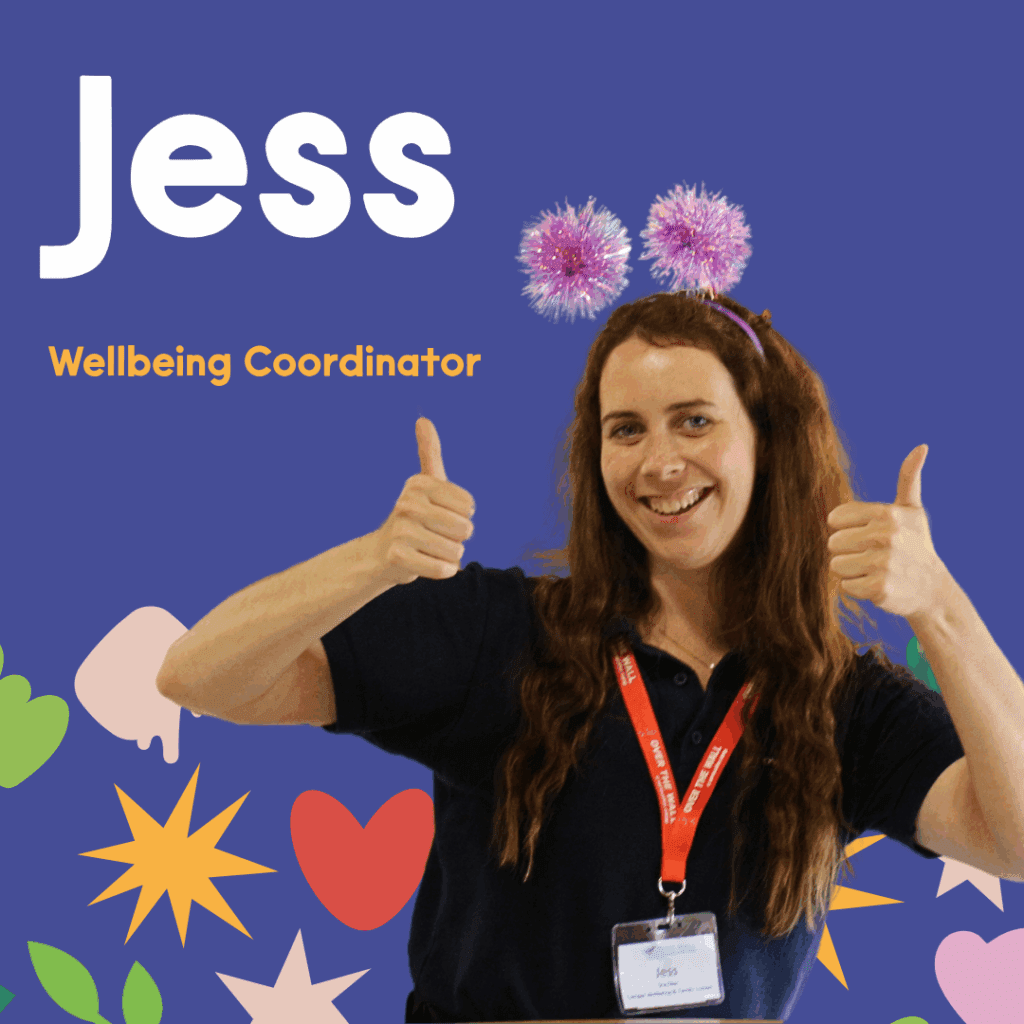People with a disability or long-term health condition are almost 3 times as likely to experience chronic loneliness. Young people are particularly affected.
Hospital appointments and admissions, alongside their medical needs while at home, can make it difficult to form friendships and join in with childhood activities such as parties or sleepovers. This can lead to feelings of isolation and loneliness, not only for the young person but also for their families. Not knowing others who are going through similar experiences can exacerbate these feelings, with families feeling like ‘nobody understands’.
If this sounds familiar, what can you do to help feel less lonely? Jess, our Wellbeing Coordinator has some great tips:

1) Take a trip outside
Even if it’s just a trip to the shops or a quiet walk. Being outside and seeing others in your community can be a step in the right direction. If you’ve spent long periods without much social interaction, taking small steps, such as being in busier environments, can help build up your confidence.
2) Ignite an old hobby or try a new one
You may feel alone initially, but as your confidence and self-esteem build with learning a skill, you may feel more able to join a group or connect with others in a class. Groups and classes often have lots of new people who will also be feeling nervous!
3) Use social media mindfully
Social media can be great for keeping in touch with others; however, it can often cause us to feel ‘FOMO’ or lead us to compare ourselves to others. How about trying a ‘social media reset’? Perhaps start by taking a break for a few days (or longer), then make sure you’re only following accounts and people who help, inspire you, and make you feel good!
4) Reach out to family and friends
If your mind feels full and you’re struggling to find the time and energy to keep in touch with people, you’re not alone! You might find it helpful to set aside some regular, dedicated time to chat with friends and family. Perhaps set an alarm to remind you every few days to spend a few minutes reaching out to family and friends and responding to messages. Even if you can’t meet in person right now, arranging a quick phone call to catch up and hear their voice can help keep relationships going and stop them fizzling out.
5) Come to camp!
9 in 10 campers say they ‘feel less isolated’ after camp. Camp allows you to feel a sense of belonging, authenticity, and growth, which can help you foster genuine connections. Camp will introduce you to people who understand. It will remove barriers and help you make new friends. You could even find a new skill or hobby to continue at home. You will grow in independence and self-esteem, meaning you feel ready to tackle new challenges and face social interactions with confidence.
